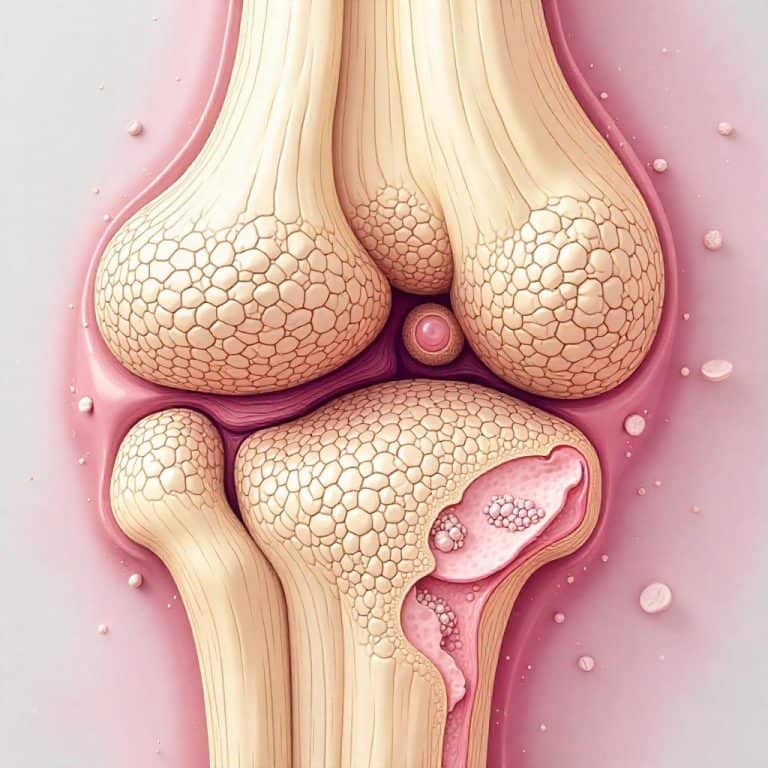Welcome to our bone diseases quiz! In this quiz, you will learn about different diseases that can affect your bones and how they can impact your overall health. From osteoporosis to arthritis, we will cover a range of conditions that can weaken and damage your bones.
Bone diseases can be caused by a variety of factors, including genetics, age, and lifestyle choices. By understanding the symptoms and treatments of these diseases, you can take steps to protect your bone health and prevent future complications. So, get ready to test your knowledge and learn more about bone diseases in this interactive quiz!
Play Bone Diseases Quiz
Instructions
- This quiz is multiple choice.
- Read each question carefully before selecting an answer.
- Choose the best answer for each question.
- You will see the missed questions with correct answers at the end of the quiz.
Quick Facts
- There are over 200 different types of conditions that can affect the skeletal system.
- Some bone diseases are genetic, meaning they are passed down from parents to their children.
- Osteoporosis is a common bone disease that causes bones to become weak and brittle.
- Paget’s disease is a bone disorder that disrupts the normal breakdown and rebuilding of bone tissue.
- Bone cancer is a rare type of cancer that can affect any bone in the body.
- Rheumatoid arthritis is an autoimmune disease that can cause inflammation in the joints and bones.
- Osteogenesis imperfecta, also known as brittle bone disease, is a genetic disorder that causes bones to break easily.
- Scoliosis is a condition that causes an abnormal curvature of the spine, which can affect the bones in the back.
- Fibrous dysplasia is a bone disorder where normal bone is replaced with fibrous tissue, leading to weakened bones.
- Bone infections, such as osteomyelitis, can occur when bacteria or fungi enter the bone through a wound or surgery.
Downloads
Study Tips
- Create a study schedule and stick to it.
- Find a quiet and comfortable study environment.
- Remove distractions such as phones and social media.
- Take breaks every 25-30 minutes to avoid burnout.
- Use active studying techniques like summarizing, highlighting, and teaching concepts to someone else.
- Practice retrieval by testing yourself with flashcards or practice quizzes.
- Stay organized with notes, study guides, and resources.
- Stay hydrated and eat brain-boosting foods like fruits, nuts, and whole grains.
- Get enough sleep to improve memory retention and cognitive function.
- Reward yourself for reaching study goals to stay motivated.
